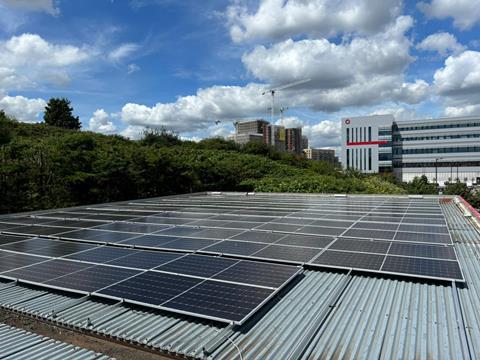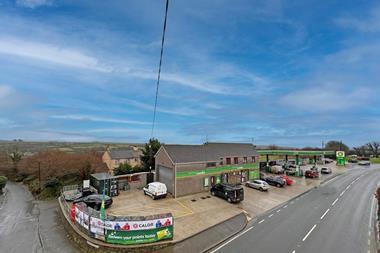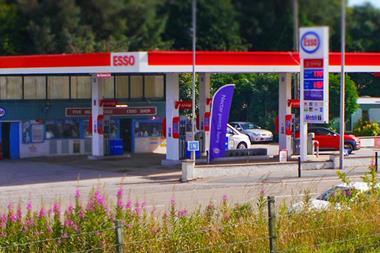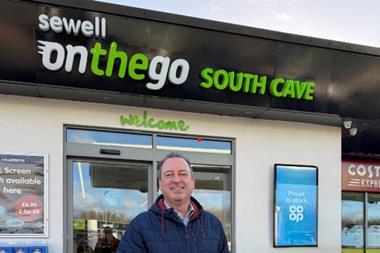
Top 50 Indie Highway Stops Retail is going to install solar panels at more of its forecourts after cutting electricity costs by more than a quarter at two sites.
Highway Stops, number 16 in the ranking, is tendering for quotes to fit the energy-generating technology at four or five more of the 16 properties it owns and operates.
Non-executive director Ramsay MacDonald says the panels have been creating up to 27% of the electricity it uses at the two trial sites, which have them on the shop and forecourt canopy
The Wembley-based business expects to increase its reliance on solar energy during the summer months. The initial sites – at Park Royal in Wembley and Dudley – had the panels installed by Clarke Construction in September 2024 and January 2025, respectively, so have not yet benefited from the sunnier period.
Creating solar energy at Park Royal was particularly important because when the business bought the site it inherited electricity rates at the top of the market. This meant that even after a few months of installing the panels, it saw a “sizeable dent” in its electricity costs, says MacDonald.
Investment at the site was over £60,000 for 80 x 550W solar panels, a battery with 63kW energy storage, the survey work, and cutting back some trees. And at current tariffs and consumption, the business expects payback in just under three and a half years.
The business has also invested in an energy management and route to market platform – Scales Power from Scala Renewables Group – to potentially earn revenue from the battery storage.
“Highway Stops really liked the ability to look at how this could maximise the benefits of onsite generation to potentially earn revenue from the battery storage,” says MacDonald. “The system uses AI as the brains determining how, when and what to do with the energy stored in the battery.
“It gives flexibility and security over what you do with the energy you generate or consume, so it could be that you charge the battery at a lower price from the grid or from solar to then use on site at a higher price, known as ‘peak shaving’, as well as being able to take advantage of the external markets such as the wholesale markets or services provided by the distribution or transmission network.
“Since the equipment has been in we have already on two occasions that it would be more advantage to sell the electricity to the grid and it will be good to have that option.”
Most of the sites that Highway Stops is considering introducing solar equipment to can take the technology without planning permission under ‘permitted development’ rules, which saves time. It is planning on installing the technology at its larger sites such as Astwick in Bedfordshire – where it might also include ground mounted solar.
“A lot will depend on redevelopment plans. We are still working the final selection with the potential suppliers as well as assessing whether to include or not include more battery storage,” says MacDonald.
He believes that the whole industry should look at installing solar panels, as well as batteries that can be used to time when to use onsite stored power if an operator has more expensive day rates than at night.
“It is something forecourt operators should get cracking with, especially if you have EV if you can shave a bit off that pain, which will help with margins,” he says.
“With EV charging you are free to charge what you want and if a proportion is subsidised for free from the sun then it is a virtuous circle.
“In our view electricity demand is only going to increase with greater pressure on the grid. Prices might have come down from a few years ago, but they are never going to go back to what we enjoyed before the war in Ukraine and are only likely to go up.
































